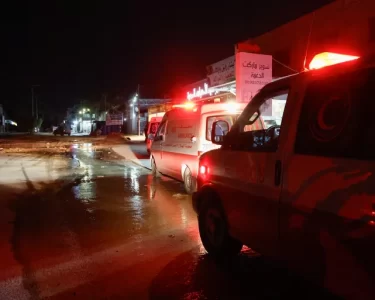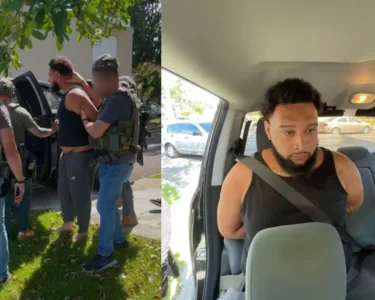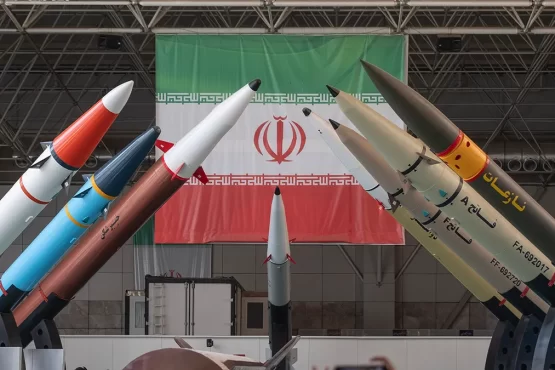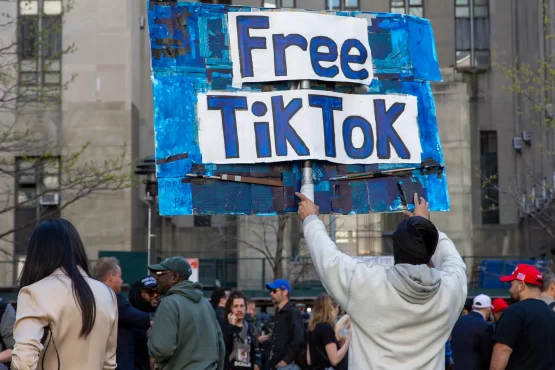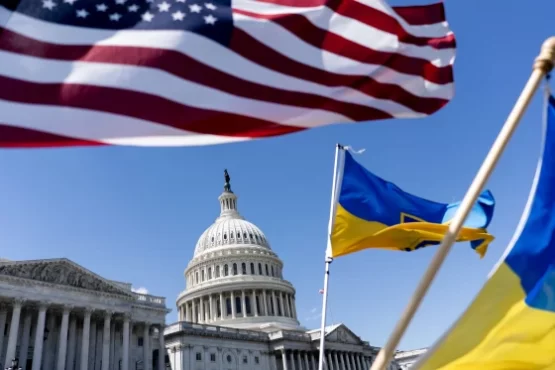Sierra Leone is grappling with a devastating crisis as a cheap, synthetic drug known as “kush” ravages its youth. The streets and alleys of the country, particularly in the capital city of Freetown, are lined with boys and young men slumped in addiction, highlighting the urgent need for intervention. With healthcare services severely limited, desperate communities have resorted to setting up makeshift treatment centers, often employing harsh measures to combat the epidemic.
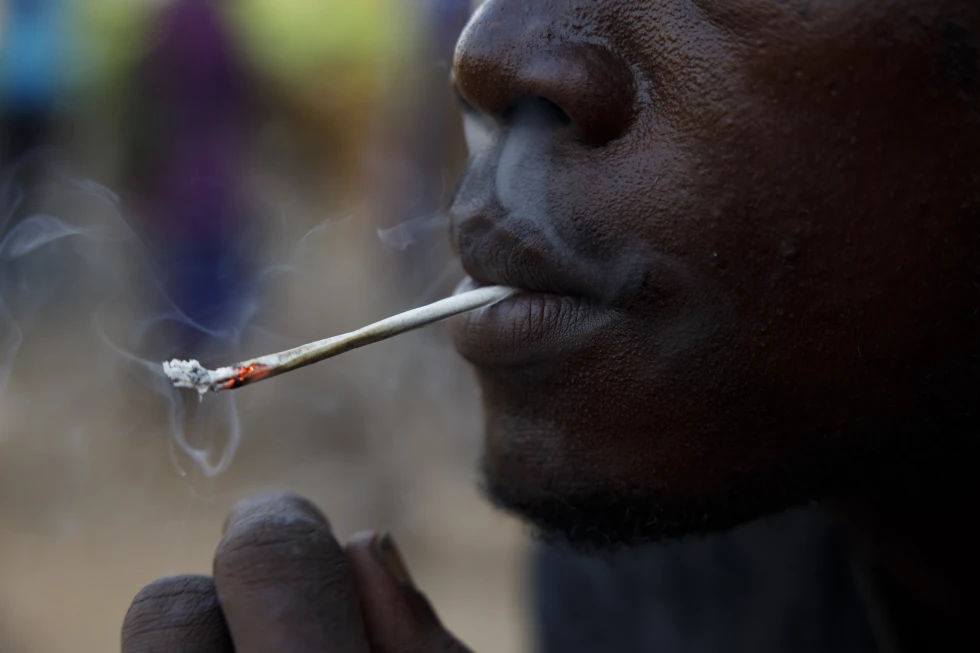
In the Bombay suburb of Freetown, a community-driven project emerged last year after a group attempted to help a colleague’s younger brother overcome his addiction to kush. When persuasion and threats failed, they resorted to locking him in his room for two months. Remarkably, the young man, Christian Johnson, 21, has since returned to university and expressed gratitude for their drastic intervention.
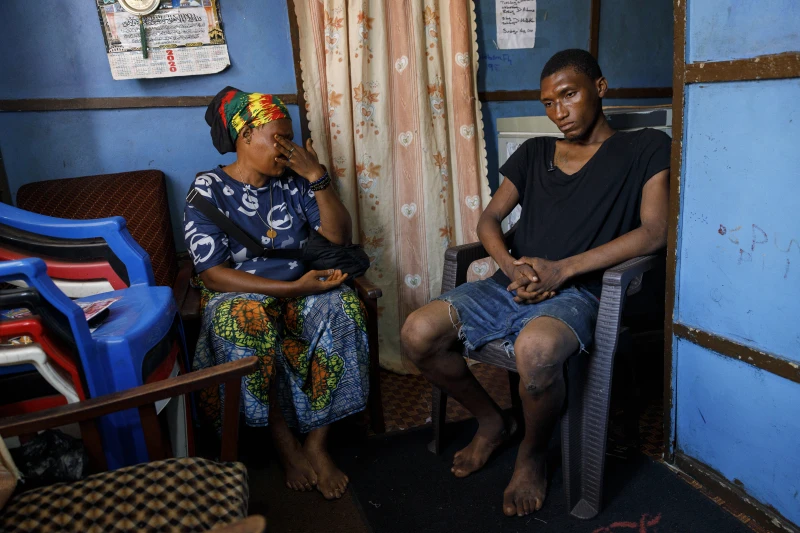
“The only time I left the room was when I went to the bathroom,” Johnson recalled. He was motivated to kick the drug by thoughts of his family, the fear of becoming a dropout, and the abandonment of many of his friends.
Encouraged by this success, volunteers expanded their efforts, taking over an abandoned building and converting it into a treatment center. Here, they forcibly detain individuals at the request of their families, sometimes resorting to chaining them to prevent escape, reminiscent of practices once used at the country’s only psychiatric hospital.
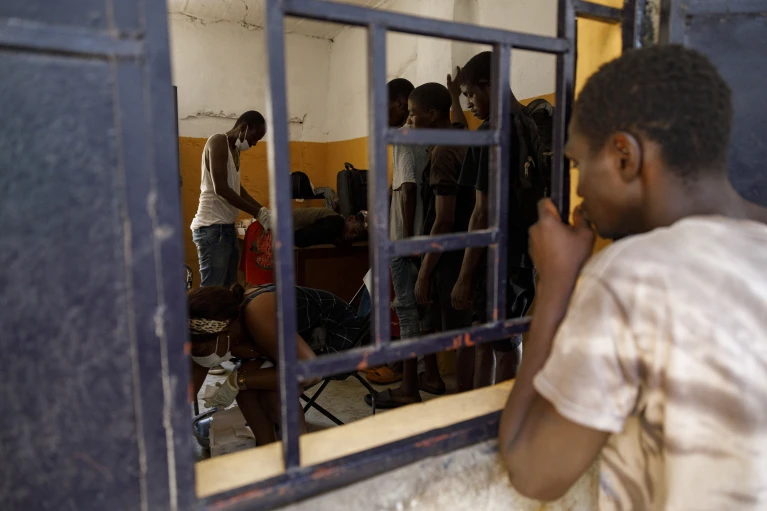
“We turn parents away for lack of space,” said Suleiman Turay, a local football coach who helped launch the center. “The people in the community cooperate and help in their own individual ways. Some bring food, some bring water, doing whatever they can to help.” Although a community doctor visits occasionally, the conditions are harsh, with little comfort or activity available for those in treatment.
The Bombay Community center has treated 70 to 80 people so far, using chains in extreme cases. One of the youngest detainees was a 13-year-old boy sent by his father, Gibrilla Bangura, a college lecturer. “I was very angry and wanted to have nothing to do with him,” Bangura said, expressing gratitude to the volunteers for helping his son.
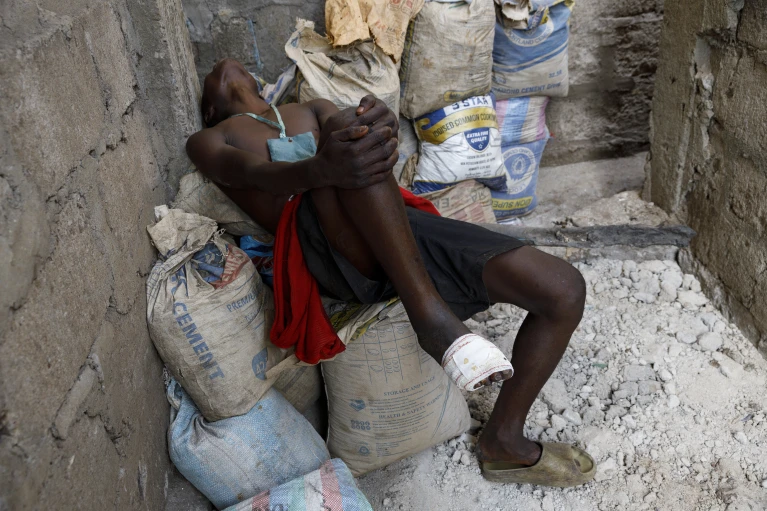
President Julius Maada Bio has declared a war on kush, labeling it an epidemic and a national threat. He established a task force on drug and substance abuse, emphasizing a government approach focused on prevention, treatment, law enforcement, and community engagement. “We are witnessing the destructive consequences of kush on our country’s very foundation, our young people,” Bio stated in April.
Kush, a derivative of cannabis mixed with synthetic drugs like fentanyl and tramadol, as well as chemicals such as formaldehyde, leaves users lethargic, desperate, and ill. Civil society workers have reported extreme measures, including the use of embalming chemicals and even ground bones in the drug’s production.
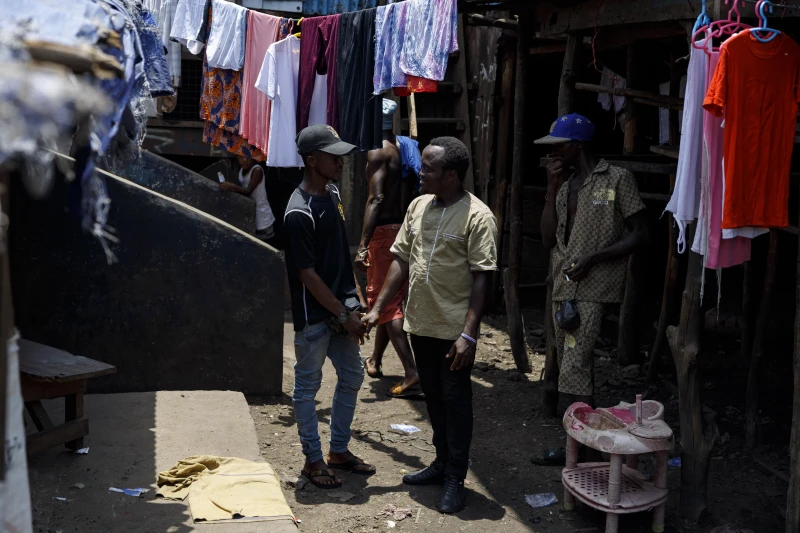
The U.S. Centers for Disease Control and Prevention’s director in Sierra Leone, Daphne Moffett, highlighted the challenge posed by the drug’s changing composition. “Before appropriate interventions can be developed, we need to know what materials are in kush,” she said.
The impact of kush is evident, with a sharp rise in addiction cases at Sierra Leone’s only psychiatric hospital since 2022. The country’s first public drug rehabilitation center opened in Freetown in February, led by Ansu Konneh, director of mental health at the Ministry of Social Welfare. Konneh noted that kush has unprecedentedly affected the nation, causing college dropouts, health issues, crime, and family disintegration.
Prince Bull-Luseni, director of the West Africa Drug Policy Network, stated that Sierra Leone is the worst-hit country in the region. “Every community in Sierra Leone, not just in Freetown, has been hit by kush and it’s tearing them apart,” he said, emphasizing the lack of treatment or rehabilitation options for most users.
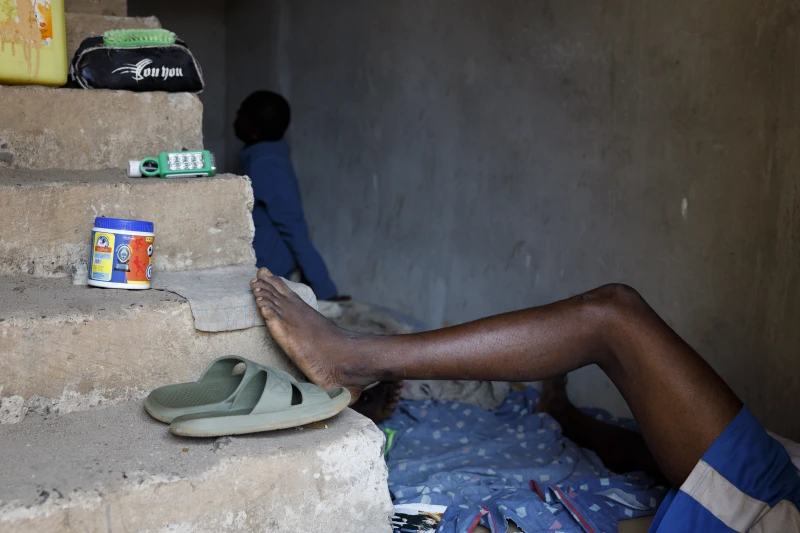
Social Linkages For Youth Development And Child Link (SLYDCL), a nonprofit organization, relies on former kush users to educate the youth about its dangers. Ephraim Macaulay, a peer educator, shared his experience of overcoming addiction, likening it to trying to escape water while surrounded by it.
SLYDCL’s executive director, Habib Kamara, stressed the need for law enforcement to target top suppliers instead of low-level sellers. He warned that without effective intervention, the drug could devastate the country’s future workforce. “If we cannot have an approach that reduces usage, in the future we will not have people to replace us tomorrow in the workforce,” Kamara said.

Parents like Memunatu Kamara, who sells smoked fish at a market in Freetown, are exhausted and desperate. Her son, who has dropped out of school and stolen to fund his addiction, is on the waiting list for the Bombay Community center. “A very intelligent boy has become a dropout,” she said, tearfully expressing her pain and shame.
The kush epidemic in Sierra Leone mirrors the devastation of past pandemics like COVID-19 and the Ebola outbreak, straining the healthcare system and tearing apart families. The community-driven efforts, though harsh, offer a glimmer of hope amidst the crisis.
Credit: AP



